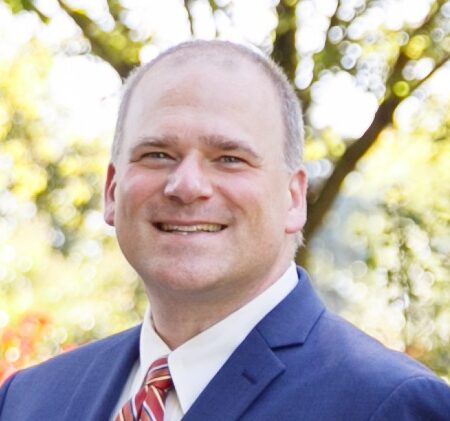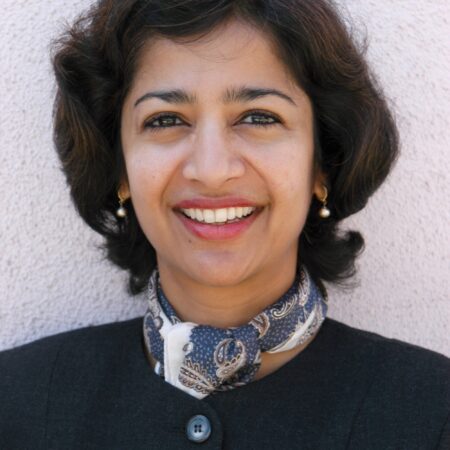Refine
Date Range Clear
Recorded by Clear
Keywords Clear
Partnerships Clear
- COVID-19 American History Project 2
- Community Voices of Lake Geneva 1
- UT Austin: McCombs School of Business 1
Organizations Clear
Places Clear
Languages Clear
Initiatives Clear
Krystal Yhap’s interest in urban water resource management was sparked by the conversations around water safety in Flint, MI. She’s now a graduate assistant at the University of Maryland studying the water system in San Francisco. She talks about her...
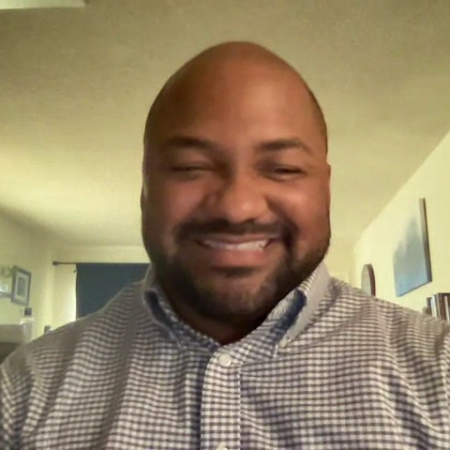
Curtis Taylor (33) asks his colleague and friend Adrienne Villareal (38) what it's like to be an educator and she shares the highlights and lessons of being a math teacher.
The start of a fruitful career for Richard Eckman was being on a team which discovered that the stratosphere and ozone varied in relation to the sun’s 27-day rotation. Eckman, who now works with NASA’s Atmospheric Composition Modeling and Analysis...
Sandra Cauffman was told growing up in Costa Rica that she couldn’t be an electrical engineer because she was a woman. Decades into a career which has largely involved getting her hands dirty building instruments to fix on spacecraft, the...

Coworkers Esther Louis (37), Cortes Lewis James (50), and Yakesha Llewellyn (32) talk about their work as doulas and the importance of interrupting the Black maternal health crisis.
Some of the materials Francis McCubbin works with as the astromaterials curator at NASA’s Johnson Space Center include meteorites that were collected in Antarctica, solar wind samples, pieces of asteroids and comets, and the Apollo rocks brought back from the...
Trena Ferrell’s story with NASA all started with an email requesting an in class visit for her students. Now as a Public Outreach Lead for NASA, she sits down with us to talk about the importance of STEAM (emphasis on...
David Young, Director of Science at NASA Langley Research Center, discusses his life's work studying the earth's climate. After an early interest in astrophysics, he focused in on earth science due to his desire to do research to help humans....
Next Generation Sequencing Scientist Dr. Lovorka Degoricija works on NASA's GeneLab Project where she studies biology that changes in the environment of space. She extracts DNA from spaceflight samples that have been returned to Earth and processes them so sequencing...
Lawrence Kuznetz shares his Moon Landing story for the Moon Landing in Context Project at Framingham State University. Lawrence discusses his personal experiences working for NASA, the Apollo programs, and the night of the Apollo 11 Moon Landing. He also...
Michael Freilich, Director of NASA's Earth Science Division, shares about his life studying the oceans and Earth as a system. While still in his high school's oceanography club, he started exploring a question about how waves move that later became...
Being a Hydrologist was never on Matthew Rodell’s radar, let alone working for NASA. But he always trusted the path ahead. Now as their Deputy Director of Earth Sciences for Hydrosphere, Biosphere, and Geophysics (HGB) at Goddard Space Flight Center,...
Richard Corbal tells us about his 10 years as an early childhood teacher at the Santa Cruz Waldorf School, how it is his job to protect the imaginative space and observe the child and their individual needs allowing them to...
Mara Jill Herman (Astoria) interviews her mom Emmi S. Herman (Searingtown) on Mother's Day, 5.9.2021. They chat about community, collaboration, vaccine awareness, and legacy.
With over thirty-years of experience in aerosol research as a Project Leader on NASA’s AERONET program, retired NASA scientist Brent Holben knows his way around those finer details. Now three-months into his retirement, Brent walks us through his adventurous world-trotting...
Sabrina Savage builds instrumentation for solar physics and studies solar flares at NASA’s Marshall Space Flight Center. The technology she helps create delivers the most high-resolution pictures of the sun anyone has ever seen. In a society more dependent upon...
On May 8th 2019 teens from the MyDurham program interviewed mature adults about their memories of the first Moon Landing in 1969. In this recording we hear about what it was like witnessing the landing as young adults in college...
In research, Dalia Kirschbaum literally seeks landslide victories, though in her case this entails finding disasters. The research scientist at NASA’s Goddard Space Flight Center uses satellite monitoring to get clear predictions about actual landslides through satellite information. “My work...
Paul Stackhouse is a sun chaser, but in his case it means measuring the surface radiation budget. This means figuring out how much sunlight gets to the surface of the planet, and takes a deep understanding of factors like cloud...
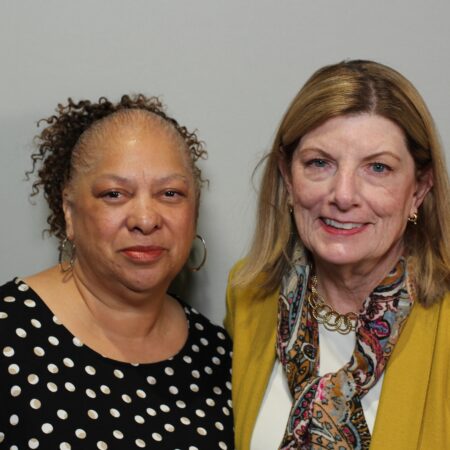
As part of the 30th anniversary of the Corporate Volunteer Council (CVC), Linda Parrish (67) has a conversation with her friend Shirlene Anderson (67) about their time serving together on the CVC and about Shirlene being its founder and first...
Cloud scientist Steven Platnick is trying to learn how clouds may magnify—or minimize—the effects of climate change. He first got excited about clouds when his Ph.D. advisor, who "treated us like equals," started asking questions about clouds. "He asked questions...
As a program manager with the Jet Propulsion Laboratory at NASA, Dr. Ulf Israelsson shares how he first became fascinated with outer space as a child, when he would stare up at the stars in his native country of Sweden....
Dr. Jim Green has spent 38 years of his life working at NASA. He started there with a fresh Ph.D. in Earth magnetospheric science and helped pioneer the magnetosphere research group at Marshall Space Flight Center. He spent 12 years...
Curt Niebur is the Lead Program Scientist for Planetary Flight Programs at NASA Headquarters, which means that he works on all the NASA robotic missions that don’t go to Mars- you know, a very small mom-and-pop operation. We talked to...
If Sharmila Bhattacharya wasn't Program Scientist for Space Biology at NASA Headquarters, perhaps she would've been a theater actress. And while her contributions on stage would likely be legendary, we're happy to have her at NASA learning about how space...
![“I'd love to see more collaboration happen and [it is] integral in terms of science working in the future.” An interview with Krystal Yhap](https://archive.storycorps.org/uploads/2019/07/Headshot-KYhap-450x450.jpg)


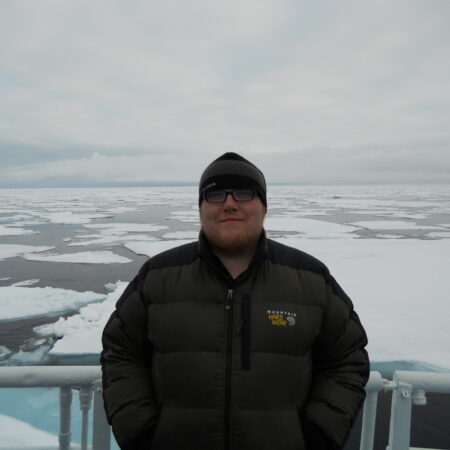
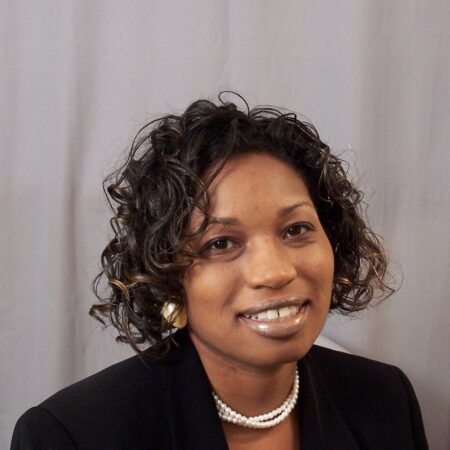

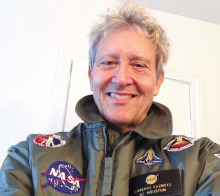
!["I joined an Oceanography club & actually asked the question that ended up [being] my thesis." an interview with Michael Freilich](https://archive.storycorps.org/uploads/2019/02/181212_Freilich-450x450.jpg)
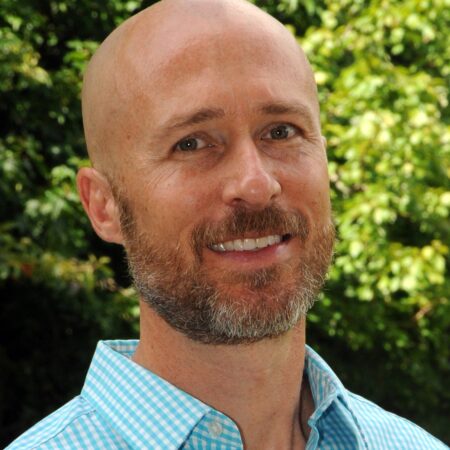
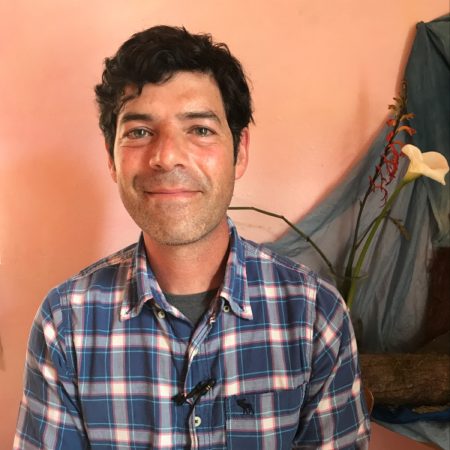
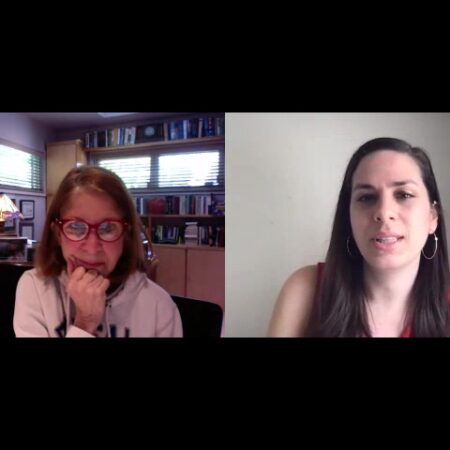
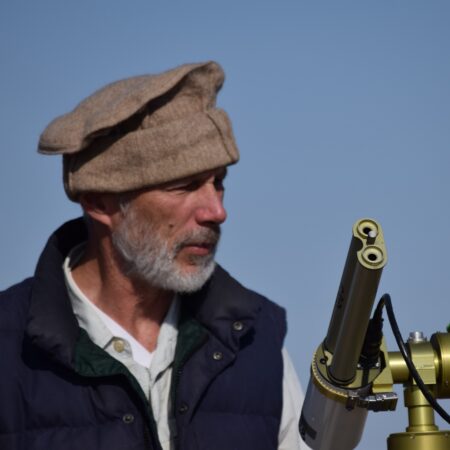
!["The sun is a terrifying and beautiful laboratory of which we know only a little [about]." an interview with Sabrina Savage](https://archive.storycorps.org/uploads/2019/02/20181213_Savage-450x450.jpg)
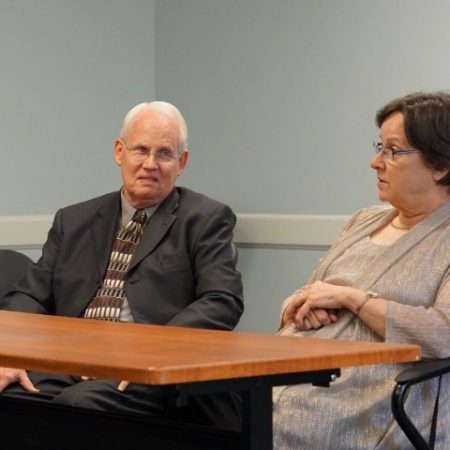
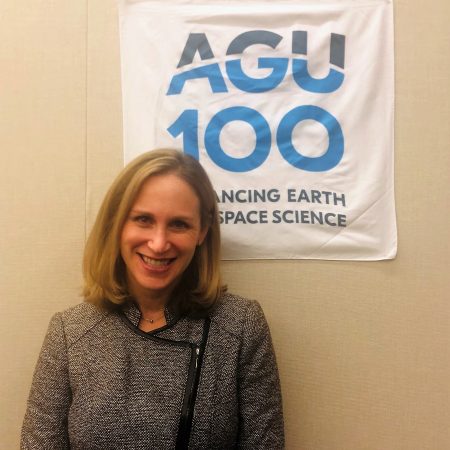
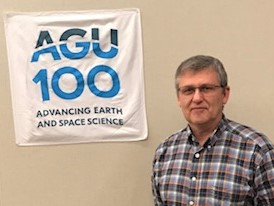


!["We're moving through a period of understanding [other] planets & how they relate to life on Earth." interview with Jim Green by Kim Cartier](https://archive.storycorps.org/uploads/2019/01/181210_Green-450x450.jpg)
